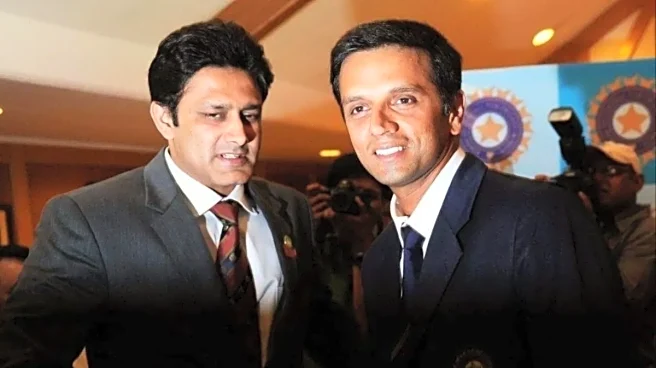World leaders are preparing to convene in Belém, Brazil, for COP30, the 30th annual United Nations Climate Change Conference, scheduled from November 10 to 21, 2025. The summit marks a decade since the landmark
Paris Agreement of 2015, where nearly 200 nations committed to limiting global temperature rise to 1.5°C above pre-industrial levels.
Ten years on, the urgency has only deepened. Despite rapid advances in renewable energy, most national climate plans remain insufficient to meet the Paris goals. Under the agreement, countries were expected to submit updated emission-reduction strategies ahead of COP30, yet only about a third have done so.
UN Secretary-General António Guterres has acknowledged that temporarily overshooting the 1.5°C target now appears “inevitable,” though he hopes temperatures can still be brought back down by the end of the century.
From Baku to Belém: The road so far
At COP29 in Baku, Azerbaijan, held in November 2024, negotiations extended into overtime but ultimately yielded progress on climate finance. Countries agreed to mobilise $300 billion per year by 2035 in government-led funding for developing nations, far below the $1 trillion experts consider necessary but still viewed as a step forward.
The conference also set an aspirational goal to raise $1.3 trillion annually through public and private sources combined.
COP29 finalised long-awaited technical rules for international carbon markets under the Paris framework and urged countries to strengthen their national climate pledges ahead of 2025.
Despite limited breakthroughs, renewed commitments from countries like Brazil were seen as bright spots amid otherwise slow progress.
What lies ahead at COP30
COP30 will focus on turning past promises into tangible progress. Key agenda items include accelerating the global transition away from fossil fuels, scaling up renewable energy, and delivering climate finance commitments made in Baku. Brazil also plans to unveil the “Tropical Forests Forever Facility,” a fund designed to curb deforestation and protect vital ecosystems like the Amazon.
This year’s agenda is expected to emphasise five key focus areas:
Climate Finance: Converting the $300 billion COP29 pledge into concrete funding mechanisms for developing countries.
Fossil Fuel Transition: Strengthening global commitments to phase down fossil fuels after limited progress in 2024.
Renewable Energy Expansion: Advancing the COP28 target to triple global renewable capacity by 2030.
Nature and Forest Protection: Launching the Tropical Forests Forever Facility to preserve Amazon and other tropical forests.
Updated National Commitments: Ensuring nations submit ambitious new NDCs aligned with the 1.5°C pathway.
However, challenges loom large, from funding gaps to political resistance and continued fossil fuel expansion. As nations meet in the world’s largest rainforest, COP30 represents more than just another summit; it’s a defining test of whether the world can still honor the spirit of Paris and forge a sustainable path forward.
Also Read: Brazil kicks off COP30 climate events in year of distractions
/images/ppid_59c68470-image-176216753632145330.webp)

/images/ppid_a911dc6a-image-177103853218557950.webp)





/images/ppid_a911dc6a-image-17710364781122582.webp)
/images/ppid_a911dc6a-image-177103642565816962.webp)
/images/ppid_a911dc6a-image-177103504309993710.webp)
/images/ppid_a911dc6a-image-177103508492594205.webp)


